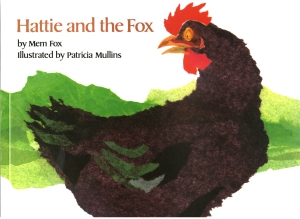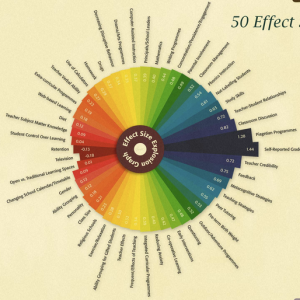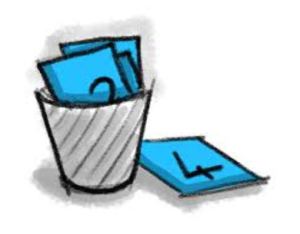I am finally beginning to find my feet again after taking the leap into classroom teaching, six weeks ago. Having been warned of the workload, the stress and the accountability over and over again I was worried I would be drowning myself in a pool of wine, regret and sorrow. I would be lying if I said there hasn’t been tears (or many glasses of wine) but I’m finally not missing home, I’m engaged and I am learning not just observing this alternate system.
Lessons learnt so far:
Relax, have confidence in your style and give yourself time to adapt.
Since I have been over here I have probably stepped in and out of countless classrooms and schools prancing in with my established teaching/ classroom management style. However, I really didn’t expect how much my confidence would be shaken returning to classroom teaching in a small, well controlled school. I didn’t know how to act. I felt lost. I felt like I was doing everything wrong. I tried to adapt exactly and copy what everyone else was doing but found myself unhappy, struggling to control my class and overwhelmed parroting other’s styles badly. You can’t artificially engineer adaptation. Adaptation is simply the result of a changed environment and sometimes we need to give ourselves a little time to let that change happen in us. I had to go back to my roots. I read the good old articles I knew would keep me on track for my behaviour management and teaching styles (see links above).
Baby steps: Just a little progress in each lesson is better than attempting to take big leaps in learning.
It was the second inset day and we were staring at assessment checklists. ‘To be successful each student needs to achieve 85% of the checklist by the end of the year.’ I was planning off the well resourced council plans, with the outcomes clear in my mind and had planned excellent lessons on paper. However in practise, for these kids, it was all too hard. The leaps from where they were at were just too big. Blank faces. Frustrating teaching. Unsuccessful learning. Instead of asking ‘Where do they need to be?’ when planning I needed to ask ‘Where are they right now and what is just, the next step for them?’ The DP graciously gave me feedback : ‘Scaffold more by providing kids with a checklist style steps to success. Try and use visual aids/hand on materials as much as you can with your lowers and middles. You have a whole year to get them there. If we take big leaps they will have gaps.’ Upon reflection I asked myself, ‘What have I been doing? I know all of this. Why did I try and do something else. Why did I let myself change in hope of gaining 85% for each student. Of course that wouldn’t have worked.’ Hopefully I can do a bit of a better job for them. (ps. thats why observations and reflections are so good- when done graciously). Work from the students’ abilities first planning small steps towards the outcomes.
Differentiation is messy and follows really knowing our students.
I find differentiation so so so hard. I have probably had one lesson so far where I think I hit the mark in terms of differentiation. You really need to analyse where the students are at. Baby steps. Looking for more help on this from my colleagues, so I’ll record what I learn in the near future. I will be implementing more pre-assessments and trying to engage in more Nrich low threshold, high ceiling tasks, work on making really effective steps to success checklists to make the learning accessible and think of more concrete ways of representing the one concept to the strugglers. Concrete, pictorial and then abstract.
Having teacher’s aids in this classroom during core subjects is the oil in the machine of differentiation.
My TA fell down the stairs and hurt her ankle so I didn’t have her for the first 4 weeks. But having her back and working with a group has been so good. You really get a picture of where the kids are at when you work with a individual group and that is made possible with an extra adult in the room. We might not have the funding in Australia but I will be eagerly asking parents to come in and help in the classroom with me for the sake of differentiation.
Play with words
Jump start: Grammar by Pie Corbett. Just buy the book. Grammar can be authentic, embedded and fun. I have always thought English is a teaching area that is not a strong point for me, in planning and practise. I can just feel myself developing, especially with all the help from the literacy coordinator. She doesn’t know this but if I could be as good as her at her age I would feel pretty accomplished.
If I have the choice, never apply for a job at a one class per grade school again.
I am a verbal processor so the opportunity to plan with others not only reduces the workload but enables me to be the best I can be. I have really taken for granted my past grade partners in the way we were able to support each other, answer each others questions and remind each other of all the little bits and pieces we need to remember. Luckily the staff are wonderful and so so helpful but I am almost certain I am still doing a whole lot of things wrong.



